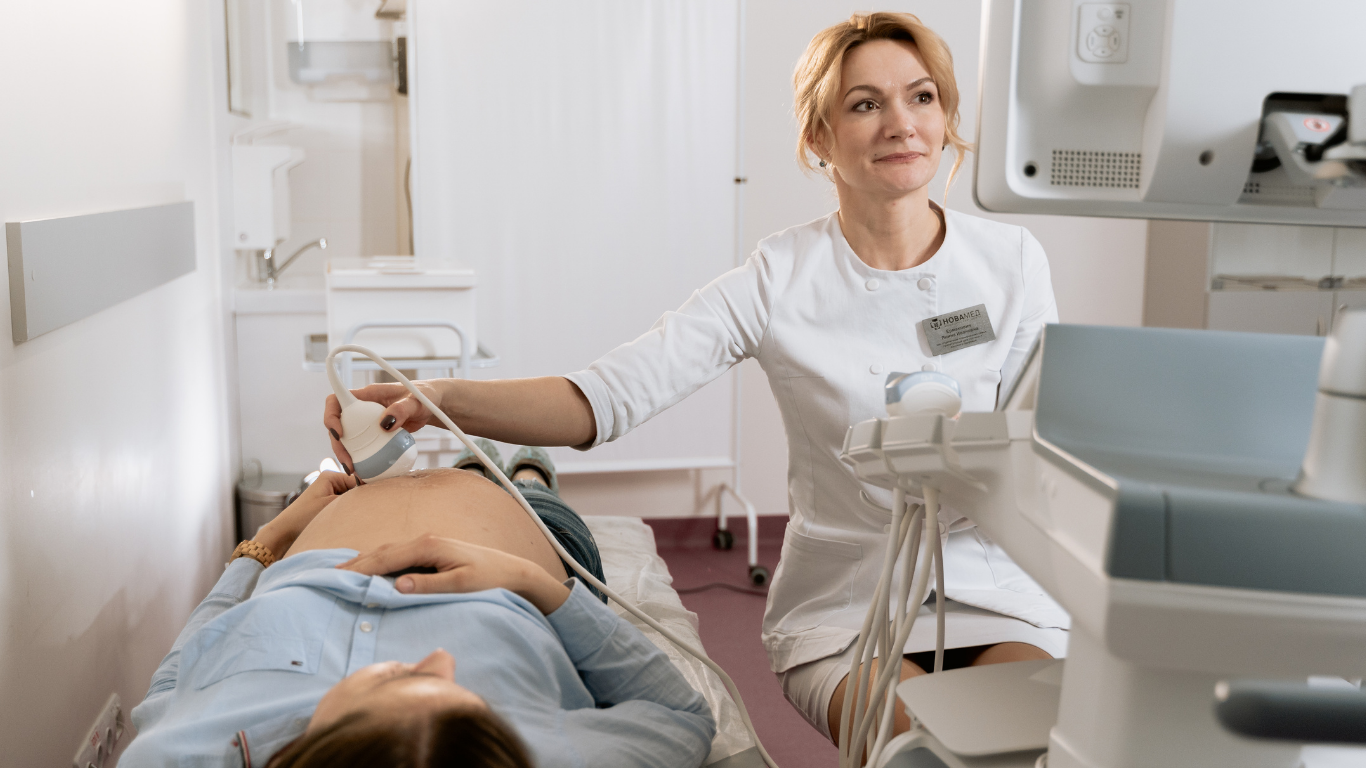For many years, the world of gynaecology has been known as a branch of medicine that only revolves around the reproductive system of women. This involves matters concerning fertility, pregnancy, menstruation, and menopause. While this continues to be the main focus of gynaecology, this established perspective has evolved. A gynaecologist’s role has expanded to cover not only reproductive health, but also other health concerns that affect women’s health. Likewise, the services offered by gynae clinics in Singapore have broadened following this development.
Other areas in women’s health that a gynae covers
Considered as female primary healthcare providers, a gynae’s role now covers other health matters, such as:
- Adolescent development
- Geriatric care
- Management of bone density
- Mental health concerns
- Reduction of cardiovascular risk
The role of a gynae throughout your lifespan
Adolescent development:
Ideally, the first visit to a gynaecological should happen in adolescence. Females should consult with a gynae between the age of 13 and 15, so they can get an overview of their health and begin to build a relationship with their gynaecologist that is based on trust and open communication. Having a well-established relationship with a trusted medical provider helps ensure that you get the proper support that you need throughout your lifespan.
Typically, when an adolescent visits a gynae for the first time, the consultation is centered on educating girls about the changes in their bodies as they enter puberty. Topics about menstruation, contraception, sexual development, and preventing sexually transmitted infections (STIs) are discussed to allow them to take control of their reproductive health and know the pros and cons of having sexual relations. The initial consultation with a gynae can also be an avenue for girls to raise concerns about their identity, body image, self-esteem, and mental health. The adolescent stage is a critical starting point in empowering girls by informing and helping them see the importance of their overall well-being.
Early adulthood and reproductive years:
A young girl’s transition to adulthood shifts the focus for gynaecological care. During this period, a gynae’s priority is to provide guidance and services that support women’s reproductive health. Women can turn to a gynaecologist to consult about contraceptive counseling, fertility planning, pregnancy, and childbirth. Additionally, this is also the time when women should undergo routine screenings to look for symptoms of certain conditions or diseases that can affect the reproductive system. Regular tests like Pap smears and HPV should be done to check for cervical cancer signs. Breast health should not be overlooked and screenings like mammograms should be performed on a regular basis.
Gynaecologists can also evaluate other facets that can influence your health and increase your risk of developing diseases. By assessing your nutrition, substance use, and physical activities, your gynae can recommend lifestyle changes that can help minimise your chances of catching chronic illnesses. Mental health is also another area which your gynae can look into as there are disorders that can have a negative effect on your mood due to hormonal imbalances caused by postpartum or perimenstrual stages.
Midlife and Menopause:
The age between 45 and 55 is a critical juncture in a woman’s life and holistic health. The onset of menopause symptoms usually occurs during this period and women experience various discomforts that can affect their quality of life. From hot flashes to mood swings, this chapter needs the steady support of a gynaecologist.
Aside from menopause, midlife also poses another hurdle for women: the increased risk of developing cardiovascular diseases and osteoporosis. To lessen the probability of getting heart disease, a gynae can perform cardiovascular risk assessments to monitor your cholesterol levels, measure your blood pressure, and recommend lifestyle adjustments. Gynaecologists are also equipped to provide screenings for bone health, as well as provide treatments to manage and improve its condition.
Geriatric care:
A woman’s health becomes even more complex when they reach their senior years. Hence, geriatric care is important as older women are more prone to develop disorders in the reproductive system during this age, such as pelvic organ prolapse, urinary incontinence, and urogenital atrophy. These concerns might be unheard of due to lack of awareness, nevertheless these conditions should be provided with proper treatment to ensure that your body’s health receives excellent care.
Partnering effectively with your gynaecologist
A gynaecologist can be your lifelong ally, providing you with the right guidance and support all throughout the different phases of your life. This can be achieved by partnering effectively with your chosen gynaecologist. Here’s how to efficiently work hand-in-hand with your gynae to receive the best medical care:
- Choose a gynae that fits your needs
Find a gynae that ticks all the boxes that align with your needs, including their expertise, communication style, and values. Your gynae should be able to make you feel comfortable, confident, and safe to share your concerns, especially those that are intimate and sensitive. It is totally fine to consult with several gynaecologists until you meet one that you can trust.
- Honesty is the best policy
Gynaecology touches various topics that are too personal and may be daunting for some women to talk about. It is important to remember that your gynae is a medical professional that is trained to keep matters confidential. Being open and honest to your gynae about your symptoms, personal experiences, medical history, and lifestyle allows them to conduct proper assessments, make accurate diagnosis, and customise a treatment plan to address your medical concerns.
- Be prepared and ask questions
Prior to your initial visit to a gynae clinic in Singapore, prepare a list that can help inform your gynae about all your symptoms, medications, medical history, and lifestyle. Jot down questions that you may have, so you do not forget to ask your gynae about them during your visit. Your gynae should be able to provide information in a way that you can easily understand. Do not be ashamed to speak up if you have hesitations. A good gynae is considerate and will listen intently to your concerns.
Conclusion
Nowadays, a gynae’s role in women’s health has expanded to other areas beyond reproductive health. An effective partnership with your gynae is key to receiving holistic healthcare no matter what age you are in, so remember to choose one that is reliable and can be fully trusted.
Endofibroid – Centre for Endometriosis and Fibroids – A/Prof Fong Yoke Fai, MBBS, MMed (O&G Singapore), MRCOG (UK), FRANZCOG (Australia/New Zealand), FAMS
Obstetrician & Gynaecologist
38 Irrawady Road
#05-49 Mount Elizabeth Novena
Singapore 329563
Phone +65 6334 1981
Whats App + 65 8048 7994




